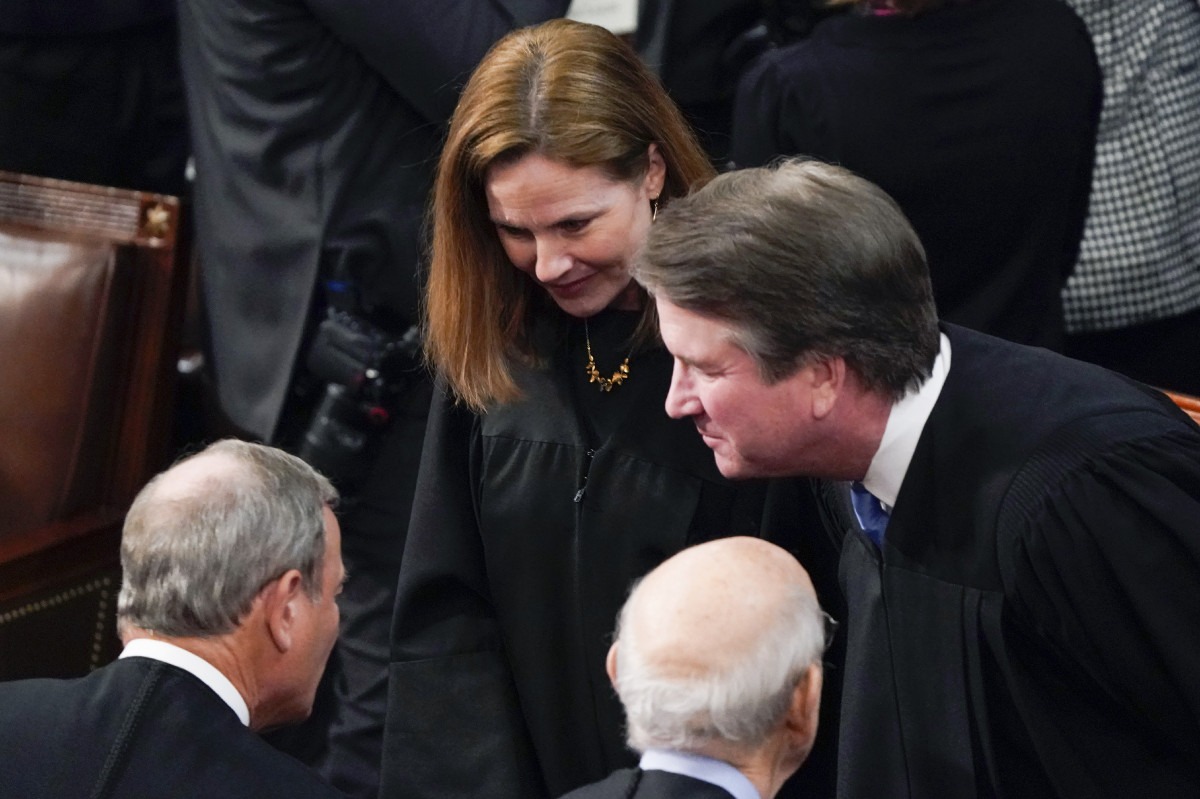As of this week, employees of the U.S. federal judiciary’s administrative arm are permitted to engage in political activities outside of their work hours, according to a new policy.
The Administrative Office of the U.S. Courts, in a memo released earlier this week, announced that nearly all of its 1,100 employees could now participate in political activities such as attending campaign events or making donations to candidates.
However, these activities must occur off-duty, and employees should refrain from identifying themselves with their employer. This policy change comes in response to a court ruling that deemed prohibitions against political activities, adopted during the Trump administration in 2018, unconstitutional.

U.S. Judiciary (Credits: CNN)
The U.S. Court of Appeals for the District of Columbia Circuit, in a 2-1 decision in August 2022, sided with two Administrative Office employees, asserting that the restrictions violated their free speech rights under the First Amendment of the U.S. Constitution.
The judiciary had initially justified the rules as necessary to preserve the public’s perception of the court system’s integrity and to prevent the potential use of employees’ political activities to undermine its legitimacy.
The court urged the full D.C. Circuit to reconsider the ruling, stating that it would significantly limit the judiciary’s ability to protect against threats to its reputation for impartiality and nonpartisanship.
However, in January 2023, with only one noted dissent, the court declined to reconsider, and the judiciary did not seek U.S. Supreme Court review.
The American Civil Liberties Union of the District of Columbia, representing the plaintiffs, expressed satisfaction with the new policy, stating that the government took too long to fully implement the 2022 ruling.
The ACLU’s legal director, Scott Michelman, noted in a statement that they are pleased that the government has finally restored the political speech rights of over one thousand government employees.
Despite the policy change, certain restrictions remain in place. Employees are still not allowed to campaign for office, and a select group of key staff members, particularly those involved in legislative affairs, will be subject to broader restrictions prohibiting participation in partisan activities like rallies and voter registration drives.
The Acting Director of the AO, Lee Ann Bennett, emphasized that these additional restrictions are crucial to prevent any appearance that the AO’s policy recommendations might be unduly influenced by the political views of its employees.
Furthermore, members of the AO’s executive management, including the director, will continue to be fully barred from engaging in any political activity.























